Heart Bypass Surgery Cost in Iran
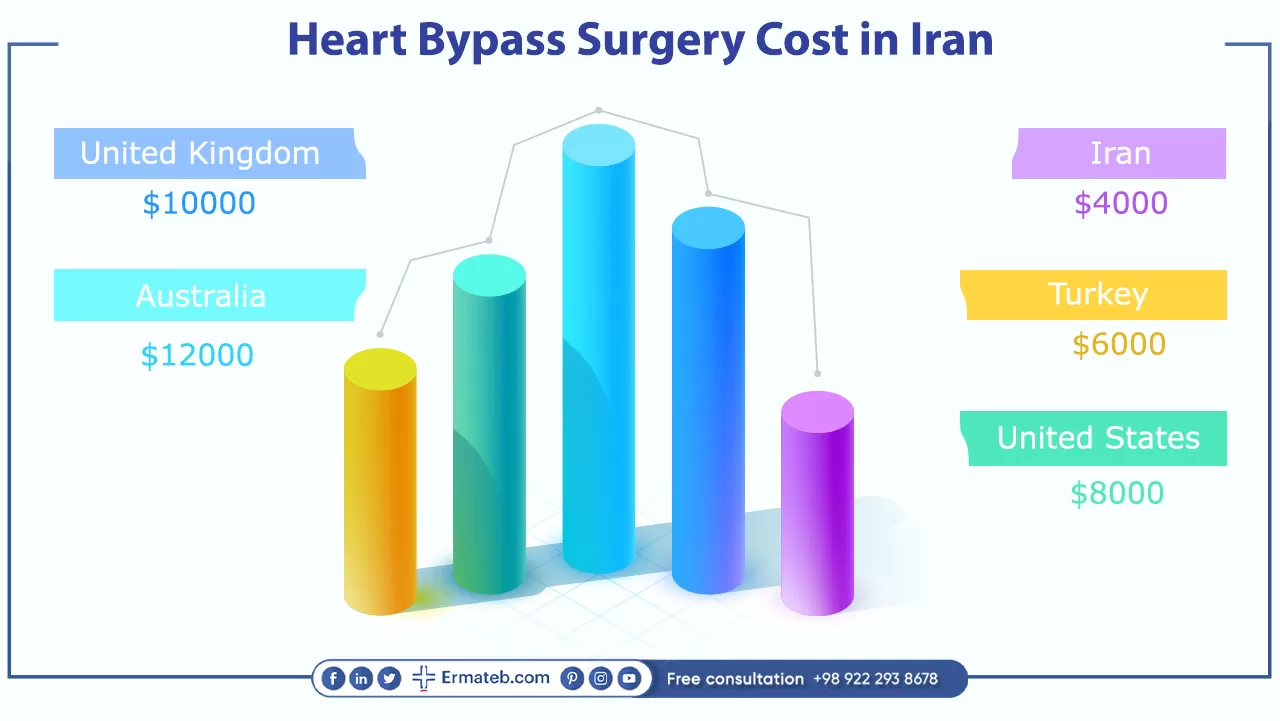
The cost of heart bypass surgery, or coronary artery bypass surgery in Iran depends on some factors such as the surgeon, the hospital, and extra expenses. However, we should note that the cost of CABG in Iran is much lower compared to other countries due to low currency. Therefore, international patients can undergo high-quality surgery at an affordable cost and save an amount of money. To get more information about all you need to know including the price of the surgery, contact us via WhatsApp, or fill out the online form on our website.
Why CABG Done
Heart bypass surgery in Iran is performed to restore blood flow around a blocked heart artery. In some cases when other immediate treatments are not working for a heart attack, heart bypass surgery may be performed as an emergency treatment. The coronary artery bypass surgery will be needed if you have:
1.A blockage in the left main heart artery. It supplies a lot of blood to the heart muscle.
2.Intense narrowing of the main heart artery.
3.Intense chest pain caused by the narrowing of several heart arteries. The narrowing decreases blood flow to the heart.
4.One or more diseased heart arteries and the lower left heart chamber does not work well.
5.A blocked heart artery that cannot be treated with coronary angioplasty. ( Read angioplasty in Iran )
Levels of Coronary Artery Bypass Surgery in Iran
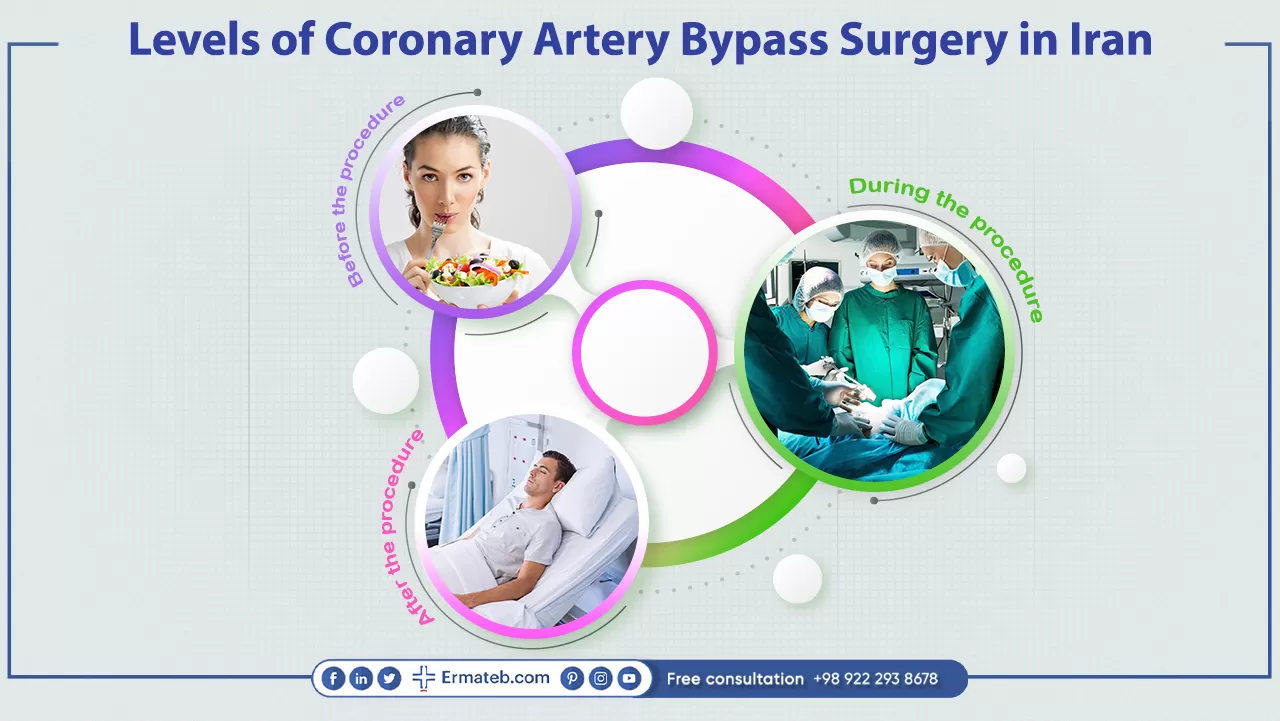
There are 3 levels of coronary artery bypass surgery in Iran:
Before the procedure
Before coronary artery bypass surgery in Iran, the patient may need to make changes to their activities, diet, and medicines. The patient should arrange for someone to drive them home following the operation. In addition, make plans to have help at home during the recovery time.
If heart bypass surgery is a scheduled procedure, the patient is usually admitted to the hospital on the morning of the procedure. He/she may have many heart tests and blood tests the days and hours before the procedure.
During the procedure
Heart bypass surgery is a major procedure that is performed in a hospital. cardiovascular surgeons do the surgery and Heart doctors, which are called cardiologists, and also a team of other providers help care for you. Before the patient goes into the surgery room, a healthcare provider inserts an IV into the forearm or hand and gives the patient a medicine called a sedative to help them relax.
In the operating room, the patient receives a combination of medicines through the IV and a face mask. These medicines are to put the patient in a pain-free, sleep-like state, which is called general anesthesia. After that, a care provider inserts a breathing tube into the patient’s mouth. The tube attaches to a ventilator, a breathing machine. The machine breathes for the patient during and immediately following the procedure.
During the operation, a heart-lung machine keeps blood and oxygen flowing through the body, which is called on-pump coronary bypass. Heart bypass surgery in Iran usually takes 3 to 6 hours. However, it also depends on how many arteries are blocked.
Usually, the surgeon makes a long cut down the center of the chest along the breastbone and then spreads open the rib cage to show the heart. When the patient’s chest is opened, the heart is temporarily stopped with medicine, and the heart-lung machine is turned on. The surgeon removes a part of healthy blood vessels, often from inside the patient’s chest wall or from the lower leg. This piece of healthy tissue is a graft. Your surgeon attaches the ends of the graft below the blocked heart artery, which creates a new pathway for blood to flow around a blockage. One graft or more may be used during the surgery.
After the procedure
After the heart bypass surgery, a team of healthcare providers checks on the patient and makes sure he or she is as comfortable as possible. The patient may feel sore and confused when they wake up. After the surgery, you can expect:
1. Breathing tube:
The breathing tube stays in the patient’s throat until they wake up and breathe.
2. Hospital stay:
the patient should stay in the hospital for about 1 to 2 days. The length of the entire hospital stay depends on how the patient recovers and if she/he has complications. Some individuals who have coronary artery bypass surgery go home within a week.
3. Heart rhythm and breathing checks:
the healthcare team watches patients closely after the procedure to check for complications and side effects. Machines record the patient’s breathing and heart rhythm.
4. Medicines
Medicines are given to the patient by IV to decrease pain and prevent complications like blood clots. If the patient does not already take a daily aspirin, the healthcare provider may recommend they do so.They may need to take aspirin every day for life.
After the operation and when you are at home, you should watch for symptoms of side effects. Call the healthcare provider if you experience:
1. Fever
2. Rapid heart rate
3. New or worsened pain around your chest wound
4. A change in skin color around your chest wound.
Usually, it takes about 6 to 12 weeks to recover after heart bypass surgery. You can drive, return to work or the gym after about 4 to 6 weeks. However, everyone recovers differently.
Risks and Complications
Coronary artery bypass surgery is an open-heart procedure. All procedures have some risks and side effects. Some of the complications and side effects of coronary artery bypass surgery are:
1.Heart attack due to a blood clot after operation
2.Bleeding
3.Infection at the site of the chest wound
4.Long-term need for a breathing machine
5.Kidney issues
6.Irregular heart rhythms, which are called arrhythmias
7.Stroke
8.Memory loss or trouble thinking clearly, which often is temporary.
9.Death
The risk of side effects is even higher if the operation is done as an emergency surgery. The specific risk of side effects after the procedure depends on the overall health before your procedure. Some medical conditions can raise the risk of side effects such as blocked arteries in the legs, chronic obstructive pulmonary disease (COPD), kidney disease, and diabetes.
Certain medicines will be given to control bleeding and blood pressure and to prevent infection before the procedure to decrease the risk of complications. If the patient has diabetes, they may get medicine to control blood sugar during the operation.
Results
After recovering from your surgery, most patients feel better. Some individuals remain symptom-free for many years. However, the graft or other arteries may become clogged in the future. If this happens, the patient might need another procedure.
The results and long-term outcome of this surgery depend on how well the patient controls blood pressure and cholesterol levels and chronic conditions like diabetes.
Patients can manage and even improve their heart health by making lifestyle changes. Some of the steps include:
1.You should stop smoking since it is a major risk factor for heart disease, especially atherosclerosis.
2.You should eat healthy foods: choose plenty of vegetables, fruits, and whole grains. In addition, limit sugar, salt, and saturated fats.
3.You should manage your weight since being overweight raises the risk of heart disease.
4.Regular exercise helps you control diabetes, high cholesterol, and high blood pressure, which all are risk factors for heart disease. With the provider's OK, aim for about 30 to 60 minutes of physical activity most days of the week. After heart bypass surgery, the provider will tell you when it is safe to begin exercising again.
5.You should manage your stress. Find ways to help decrease emotional stress. If you have depression or anxiety, it is better to talk to your provider about strategies to help.
6.Get good sleep. This is because poor sleep can increase the risk of heart disease and other chronic conditions. Therefore, adults should aim to get 7 to 9 hours of sleep daily.


 Arabic
Arabic
 German
German
 Persian (Farsi)
Persian (Farsi)
 Russian
Russian
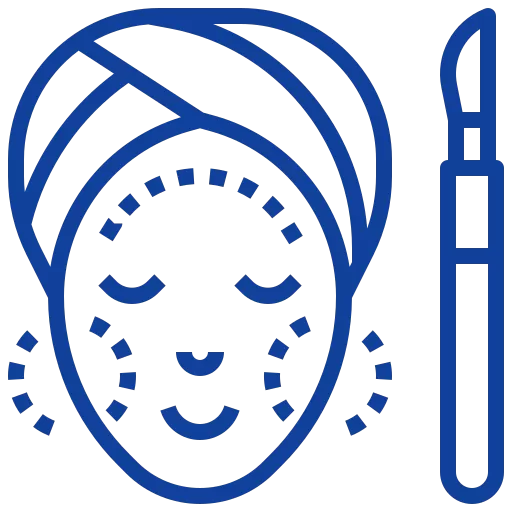 Beauty
Beauty



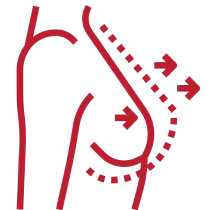

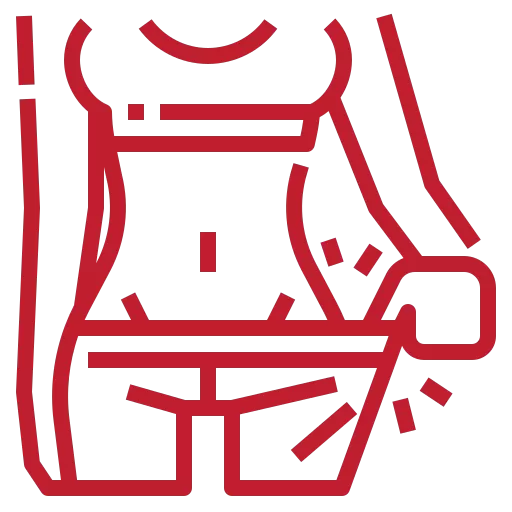
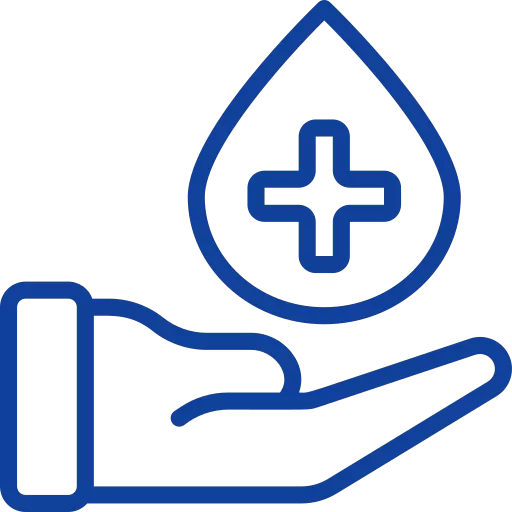 Medical
Medical
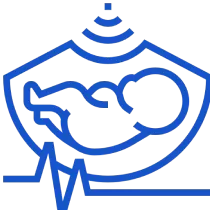

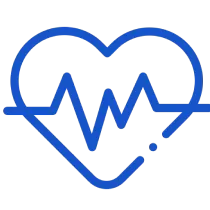
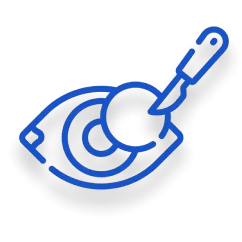
 Hotels
Hotels
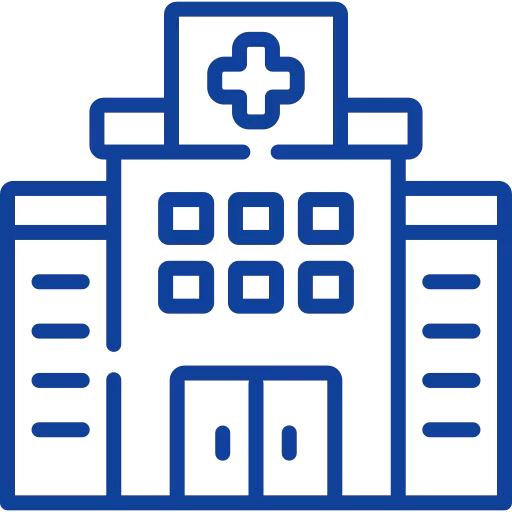 Hospitals
Hospitals






























![Frequently asked question about [name]](/v2tem/images/pages/service/faq-image.webp)
